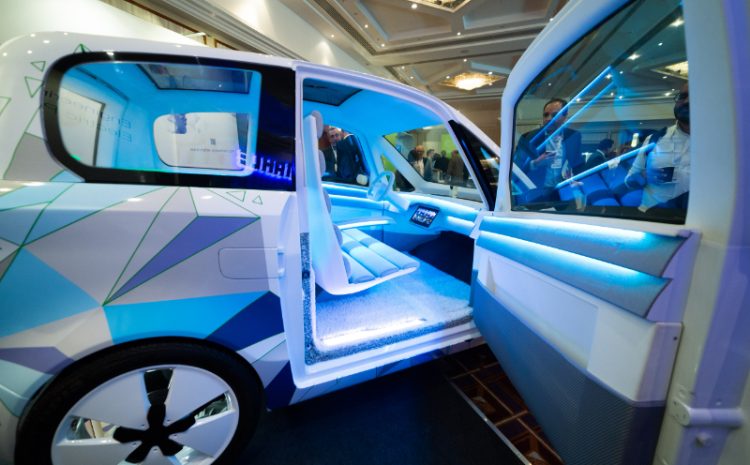The Future of Sustainable Propulsion: What Students Need to Know

As the world faces mounting environmental challenges, students and early career professionals have a unique opportunity to lead the way toward sustainability. One of the biggest issues to tackle? Transportation. Traditional combustion engines powered by fossil fuels are still a massive source of greenhouse gas emissions, and finding sustainable alternatives is urgent. Luckily, exciting advancements are happening in the world of sustainable propulsion—and students are in a prime position to get involved.
Why Sustainable Propulsion Matters
Transportation makes up about a quarter of the world’s CO₂ emissions, and those effects are felt everywhere, from poor air quality to rising global temperatures. Unfortunately however, most vehicles still rely on fossil fuels—non-renewable, highly polluting resources that won’t last forever. With demand for travel and goods transport only growing, we need to find ways to make transportation cleaner and more efficient.
For students who care about sustainability, this field is full of potential. Tackling emissions from vehicles, ships, and aircraft is essential for slowing climate change, and it’s a challenge that needs creative, fresh ideas. That’s where the next generation of scientists, engineers, and environmentalists can make a crucial impact to the field.
What’s Happening in Sustainable Propulsion?
If you’re a student thinking about where you might make an impact, here are a few big areas to watch:
- Electric Propulsion Systems
Electric vehicles (EVs) have come a long way, and their rapid development will only progress in the future. With zero tailpipe emissions, EVs are already making a huge difference in reducing pollution in cities. But the technology isn’t limited to cars. Electric propulsion is now being adapted for buses, trucks, and even aircraft, with researchers constantly working to improve battery efficiency, charging speed, and cost. As this technology advances, electric propulsion will become the norm for all kinds of vehicles.
- Hydrogen Fuel Cells
While electric batteries are great for smaller vehicles, larger forms of transportation (like heavy-duty trucks, ships, and potentially even planes) need something else to power them – this is where hydrogen fuel cells come in. These cells create electricity by combining hydrogen and oxygen, producing only water as a byproduct. It’s a clean and powerful solution for vehicles where batteries fall short. However, challenges remain, especially around infrastructure and sustainable hydrogen production. For students interested in engineering, chemistry, or systems design, this field has huge potential.
- Biofuels and Synthetic Fuels
Despite these solutions, not all vehicles can switch right away. Luckily, we can source cleaner replacements in biofuels and synthetic fuels. Biofuels are created from renewable sources like algae and waste oils, while synthetic fuels are made from CO₂ and hydrogen. Both are a cleaner alternative to traditional fossil fuels and could be more immediately applicable for sectors like aviation. Research in this area is advancing quickly, and it’s a field rich with opportunities for students interested in environmental science or renewable energy.
How Can Students Get Involved?
If sustainable propulsion sounds like something you’d like to explore, now is a great time. Through research and networking, you can find industry collaborations that let you work directly with leading-edge companies in the field. Beyond that, professional organisationsand government programs are offering more funding, internships, and mentorship opportunities for students interested in green technology and sustainable development.
A Future Worth Shaping
The need for sustainable propulsion is clear, and students are in a prime position to help solve this problem. By getting involved in research, engineering, environmental science, or policy, you could be part of the generation that changes transportation for the better. It’s a challenge that’s complex and rewarding—and it’s one that you can absolutely be a part of shaping.
You can take steps to get involved today by registering to attend FPC2025, an annual two-day UK event created to bring together industry and academic experts within the propulsion development field. Get connected with those at the forefront of innovation in the industry and showcase your ideas to start making them a reality.
There’s also the opportunity to win free and discounted tickets! Enter our competition before the end of November to be in with a chance. We look forward to seeing you there!
